Cherish that which is within you, and shut off that which is without; for much knowledge is a curse
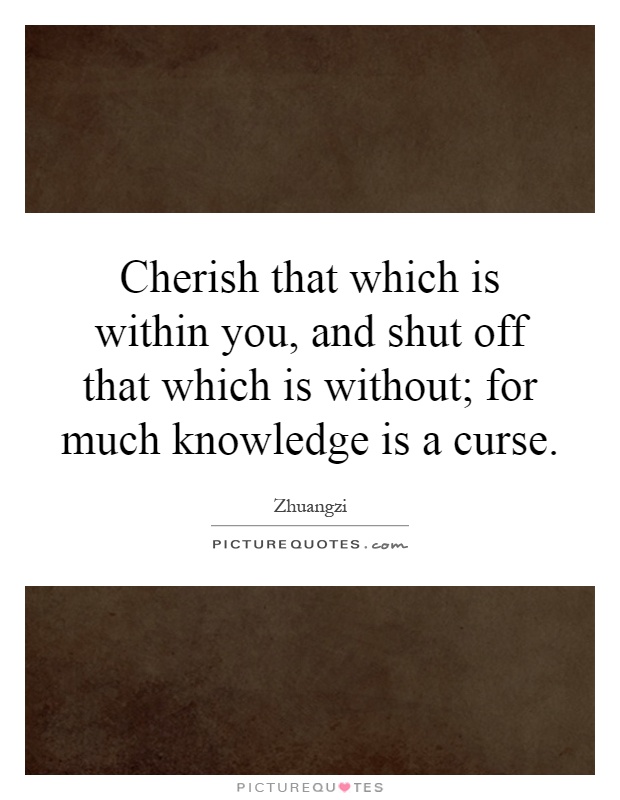
Cherish that which is within you, and shut off that which is without; for much knowledge is a curse
The quote "Cherish that which is within you, and shut off that which is without; for much knowledge is a curse" holds deep significance in the context of Zhuangzi's philosophy. Zhuangzi, a Chinese philosopher and writer from the Warring States period, believed in the importance of inner cultivation and self-awareness. He emphasized the idea of embracing one's true nature and finding contentment within oneself, rather than seeking external validation or knowledge.In Zhuangzi's view, the pursuit of external knowledge and worldly desires can lead to dissatisfaction and suffering. He believed that true wisdom comes from within, and that by focusing on developing one's inner virtues and understanding, one can achieve true happiness and fulfillment. By cherishing that which is within us, we can tap into our innate wisdom and intuition, and find peace and contentment in the present moment.
On the other hand, Zhuangzi warned against the dangers of excessive knowledge and attachment to external sources of information. He believed that too much knowledge can cloud our judgment and lead us astray from our true selves. In his view, the constant pursuit of knowledge can distract us from what truly matters in life, and prevent us from experiencing true freedom and enlightenment.
By shutting off that which is without, we can cultivate a sense of inner peace and clarity, and focus on what truly matters in life. Zhuangzi's philosophy encourages us to look inward for answers, rather than seeking validation or knowledge from external sources. By embracing our inner wisdom and intuition, we can find true happiness and fulfillment, and live a more authentic and meaningful life.
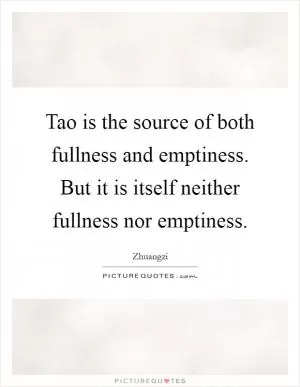
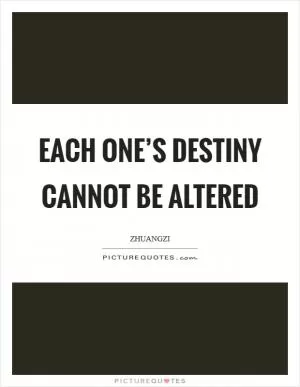
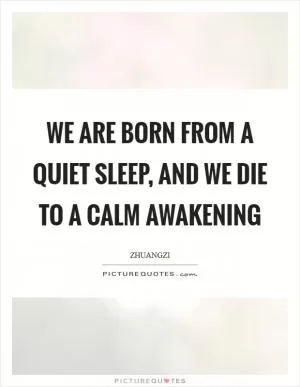
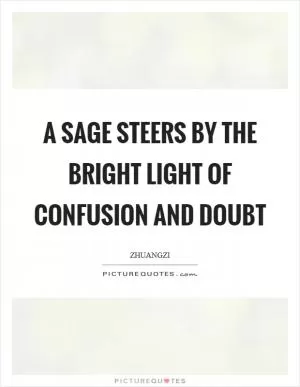

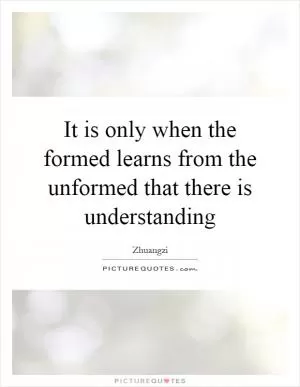
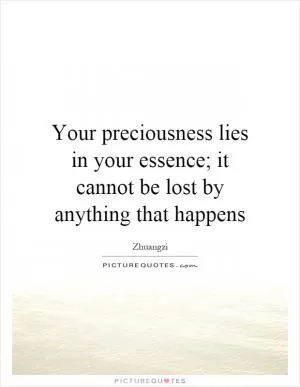

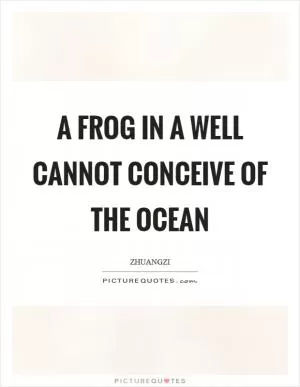

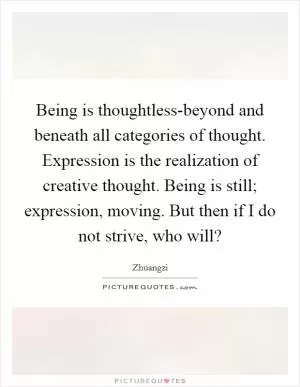
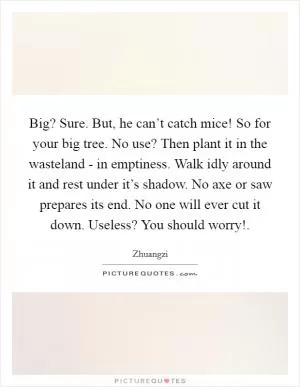
 Friendship Quotes
Friendship Quotes Love Quotes
Love Quotes Life Quotes
Life Quotes Funny Quotes
Funny Quotes Motivational Quotes
Motivational Quotes Inspirational Quotes
Inspirational Quotes